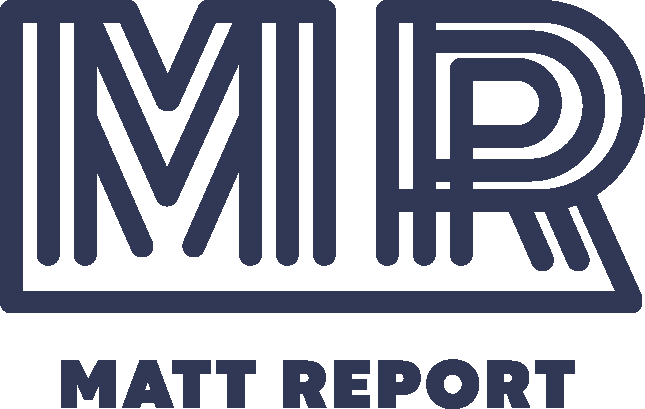The main goal of my gap season is to introduce new ideas, conversations, and concepts from around the WordPress community.
Today, I’m proud to have had the opportunity to share this episode with Morten Rand-Hendriksen, Senior Staff Instructor at LinkedIn Learning and Lynda.com.
The show
[ss_player]
If you don’t follow Morten, you probably should follow him on Twitter. Like, right now, I’ll wait…
See, I’ve followed him for a while, exchanging an occasional tweet here and there, but we never had a “real” conversation before. When I thought about introducing new views to the show, he was the first person that came to mind. I wanted someone with a strong opinion, who would give us a new angle to think about — not just another tool or tactic.
When I say, he delivered on this promise, is an understatement. I could have titled this episode: “How to 10x your closing rates” or “Land $50k projects like a fighter pilot” but that, that would be doing the content an injustice.
What we have in this episode is like finding that loose strand in your favorite sweater, and when you pull it, the whole thing becomes unraveled. That single thread of fabric that is the link to the entire garment. Understanding how another person views your ideas, your work, is the key to anything.
The key to a healthy relationship, the key to landing a project, the key to getting your voice heard in a political movement — anything.
It’s such an oversight, for most of us. Why doesn’t the client like our design, or, why don’t they understand how to use WordPress — it’s right there! If you’ve found yourself thinking that, or have a tough time getting your message across, this is the episode for you.
The links


Leave a Reply